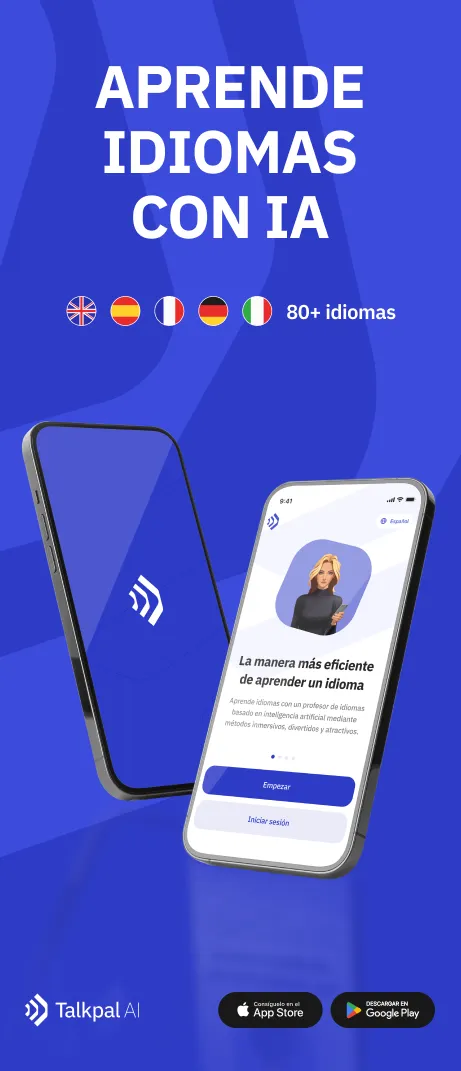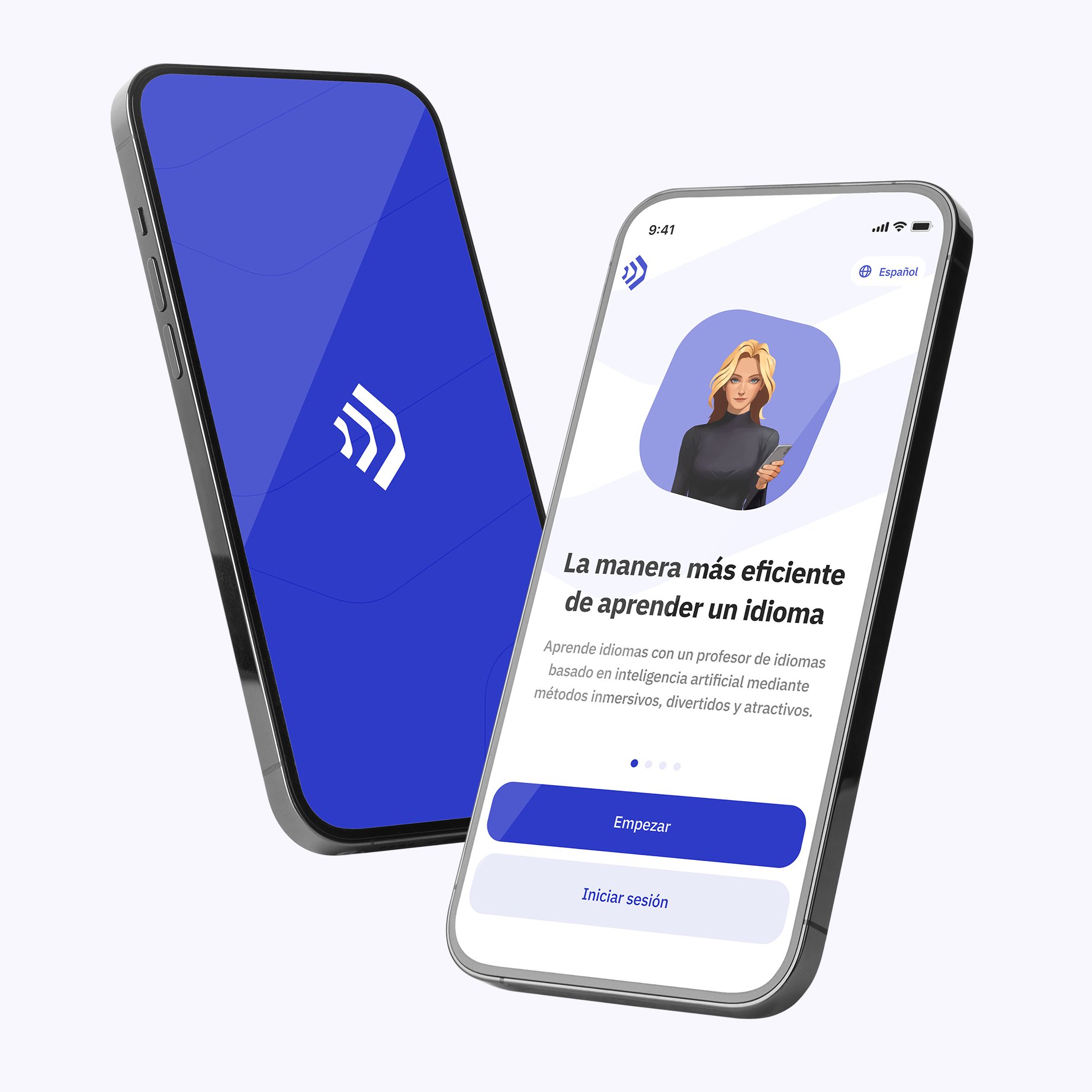Ejercicio 1: Usa el futuro perfecto progresivo en situaciones futuras
2. She *will have been studying* for five hours by midnight. (Pista: Para la medianoche, la acción de estudiar habrá durado cinco horas.)
3. By 2025, they *will have been living* in this city for a decade. (Pista: En 2025, la acción de vivir en la ciudad será de diez años en progreso.)
4. He *will have been waiting* for you for an hour when you arrive. (Pista: Cuando llegues, él llevará esperando una hora.)
5. We *will have been traveling* for a whole day by the time we reach London. (Pista: Para cuando lleguemos a Londres, la acción de viajar habrá durado todo un día.)
6. The children *will have been playing* outside for hours by dinner. (Pista: Para la hora de la cena, los niños habrán estado jugando varias horas.)
7. I *will have been learning* English for ten years by next June. (Pista: Para el próximo junio, aprender inglés estará en progreso por diez años.)
8. She *will have been sleeping* for eight hours by 7 a.m. (Pista: Para las 7 am, ella estará durmiendo durante ocho horas.)
9. By the time you get home, your food *will have been getting* cold for a while. (Pista: Cuando llegues, la comida estará enfriándose desde hace rato.)
10. He *will have been reading* the same book for weeks by the end of this month. (Pista: Al final del mes, él llevará semanas leyendo el mismo libro.)
Ejercicio 2: Practica con futuro perfecto progresivo en afirmaciones y preguntas
2. They *will have been building* the house for a year by December. (Pista: Para diciembre, construir la casa llevará un año en proceso.)
3. We *will have been driving* for twelve hours when we arrive. (Pista: Habrán pasado 12 horas manejando cuando lleguemos.)
4. Will you *have been waiting* for long when I arrive? (Pista: Pregunta si alguien llevará mucho tiempo esperando al llegar tú.)
5. I *will have been practicing* the piano for six months by July. (Pista: Practicar el piano estará en progreso durante seis meses en julio.)
6. She *will have been painting* all afternoon when the guests arrive. (Pista: Habrá estado pintando toda la tarde cuando lleguen los invitados.)
7. By this time tomorrow, he *will have been flying* for ten hours. (Pista: Para mañana a esta misma hora, él llevará 10 horas volando.)
8. Will they *have been waiting* for an answer by the end of the day? (Pista: Pregunta si habrán estado esperando una respuesta al final del día.)
9. The students *will have been working* on the project for two weeks by Friday. (Pista: Para el viernes, el proyecto llevará dos semanas en progreso.)
10. You *will have been exercising* every day for a month by next week. (Pista: Para la próxima semana, el ejercicio diario habrá estado en progreso durante un mes.)










